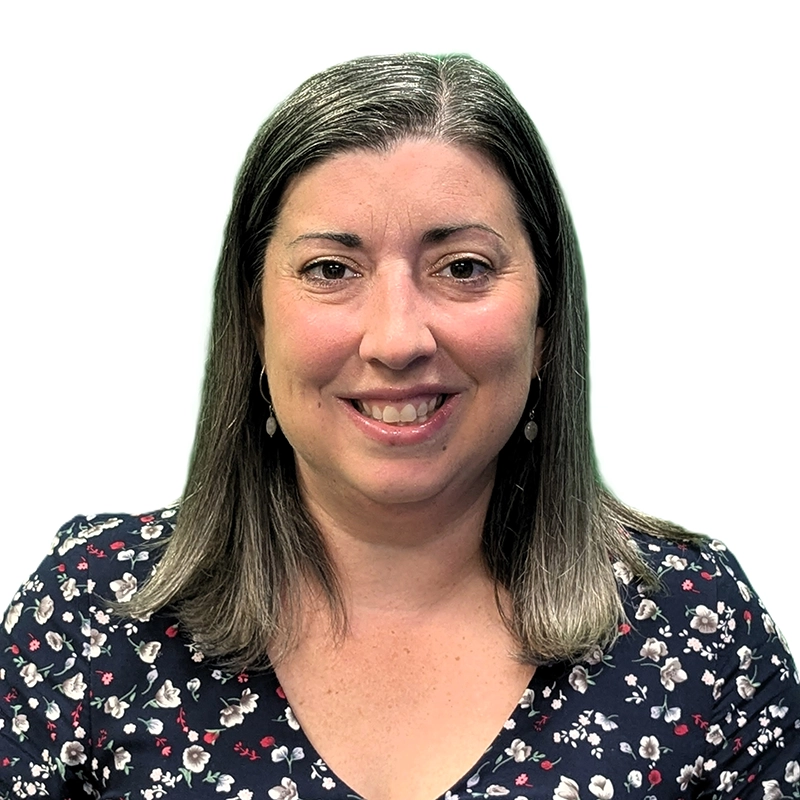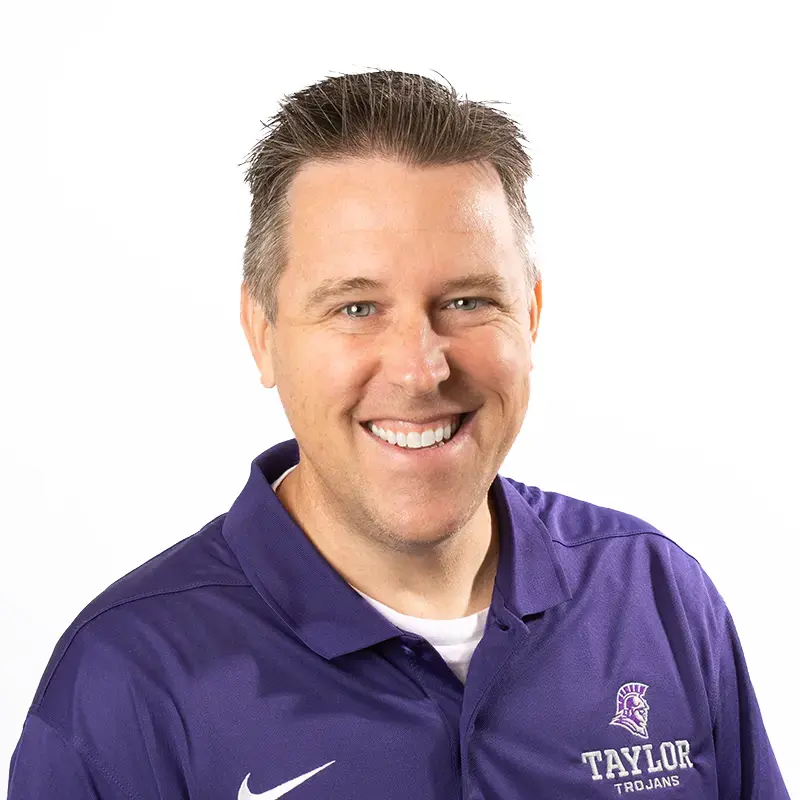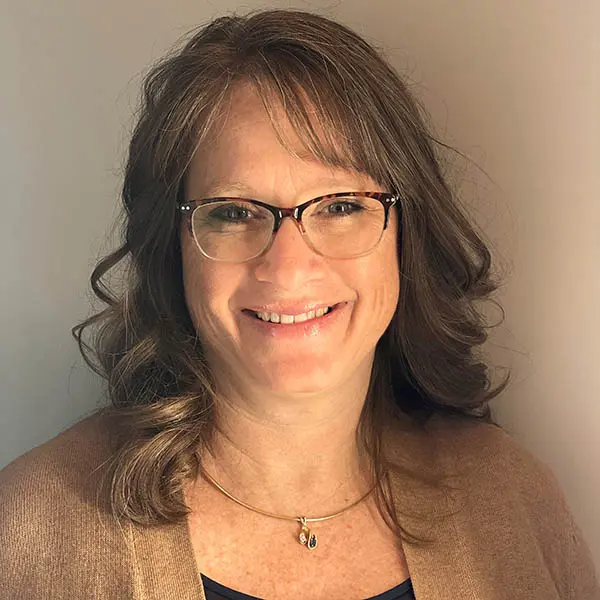-
-
- Financial Aid
- Financial Aid
- Scholarships
- Loans
- Grants
- Federal Work Study
- Additional Resources
-
Integrative communication explores and develops public, interpersonal, organizational, and small group communication skills. Students will learn how to analyze and adapt to the needs of diverse audiences and contexts using verbal and nonverbal communication principles.
By the time you finish this course, you will:
This course consists of 13 reading quizzes, 12 lab assignments/reports, a midterm exam, final exam and pre/post assessment.
Total points for the course is 1000 - Reading quizzes and Lab assignments are each worth 5 points, the exams are each worth 50 points and the assessment worth 20 points.

BA, Communication Studies, Taylor University
The study of the complex process of intercultural communication. The course seeks to create an awareness of culture-bound assumptions and ways to communicate more effectively with persons from other cultures.
The student who successfully completes the course should be able to:
This course consists of 10 comprehensive assignments (10 @20 points each = 200 pts total), a personal cultural identity assignment (100 points), an intercultural development project and presentation (250 points), a book review (200 points), a midterm exam (100 points) and a final exam (150 points).

This course explores the development of speaking strategies and skills, including audience analysis,
nonverbal and visual communication, research, organization, the use of evidence to support a point
of view, delivery, and listening. Required for all communication majors and minors.
Upon completion of this class, the student will:
This course consists of 10 assignments including 4 speeches and no exams.

Taylor’s Foundational Core invites a community of learners to consider how a right relationship with God, others, self, and the world equips us to minister Christ’s redemptive love, grace, and truth to a world in need. This course will encompass the study and practice of writing that is developed to “expose” or put forth to others. We will discuss this in connection to your role and calling as a student and across your various areas of study. We will also explore the connection of reading and writing and the understanding that both vary in context of differing discourse communities. Therefore, this course highlights several Foundational Core Objectives: Civic Mindedness, Communication Fluency, Critical and Informational Literacy, and Responsible Stewardship.
| 30% |
Formative Activities: reflections, outlines, reviews, and other activities as required by the instructor, all accomplished through the medium of writing.
|
|---|---|
| 30% |
Three Compositions:
|
| 30% |
Life Research Project
|
| 10% |
Final Exam
|

A survey of American literary tradition from its origin to the present, evaluating and comparing themes, ideas and styles.
Course Objectives
Additional Goals
This course is divided into 6 modules covering different time periods in American literary history, and utilizing differing modes of criticism. Each module consists of several writing assignments and poetry readings.

The skills of listening, speaking, reading, and writing are taught in the context of daily happenings in the Spanish-speaking world. The essentials of grammar are studied, and aspects of Hispanic culture are examined. Lab activities are provided.
This course is designed for students with zero/basic knowledge and experience in Spanish. Although it can be intimidating to venture into a new language, students must always attempt to speak in Spanish and memorize.
This course has several important goals:
Learners have the option of purchasing a print or electronic textbook. The package needs to include online resources. Detailed purchasing directions are in the syllabus.
Your final grade will be calculated on the point system, with the following allocations:
Item Points

The skills of listening, speaking, reading, and writing are taught in the context of daily happenings in the Spanish-speaking world. The essentials of grammar are studied. Lab activities are provided.
This course is designed for students who have completed an introductory college-level Spanish course or who placed in 102 as a result of their high school studies.
Course goals are for students to:
Learners have the option of purchasing a print or electronic textbook. The package needs to include online resources. Detailed purchasing directions are in the syllabus.
Your final grade will be calculated on the point system, with the following allocations:
TOTAL 1000 points

Email: [email protected]
Phone: 1-800-845-3149 | 765-998-4130
Fax: 765-998-4577


Taylor University participates in the State Authorization Reciprocity Agreements.